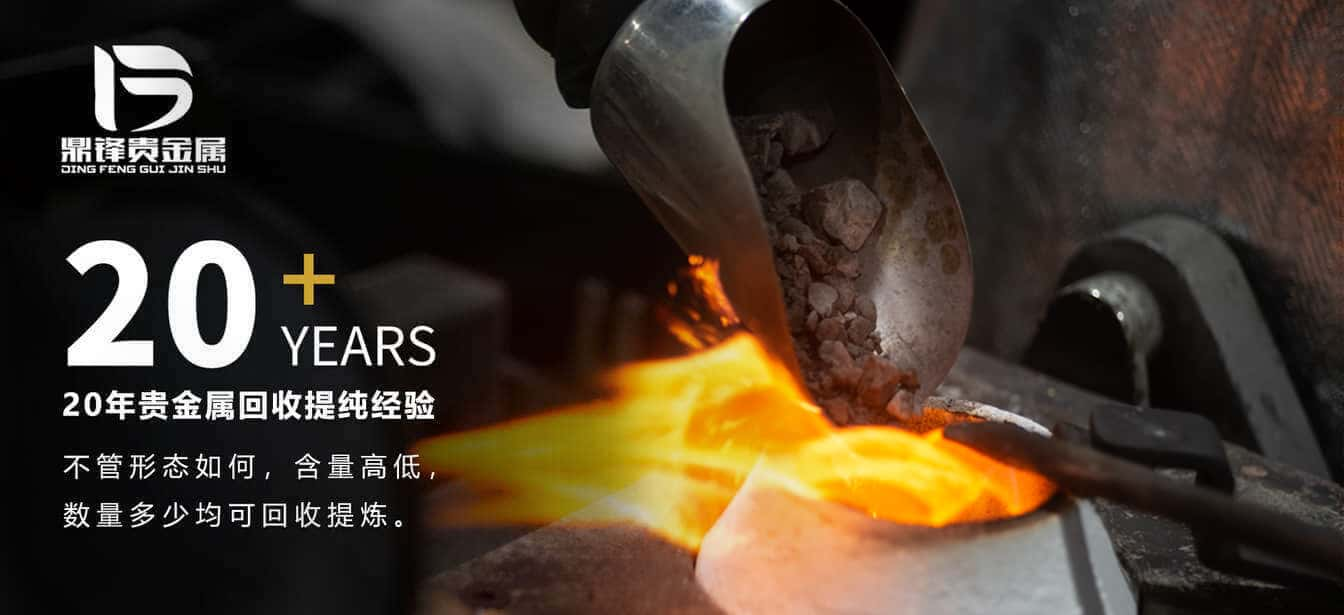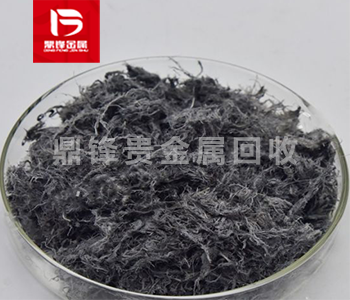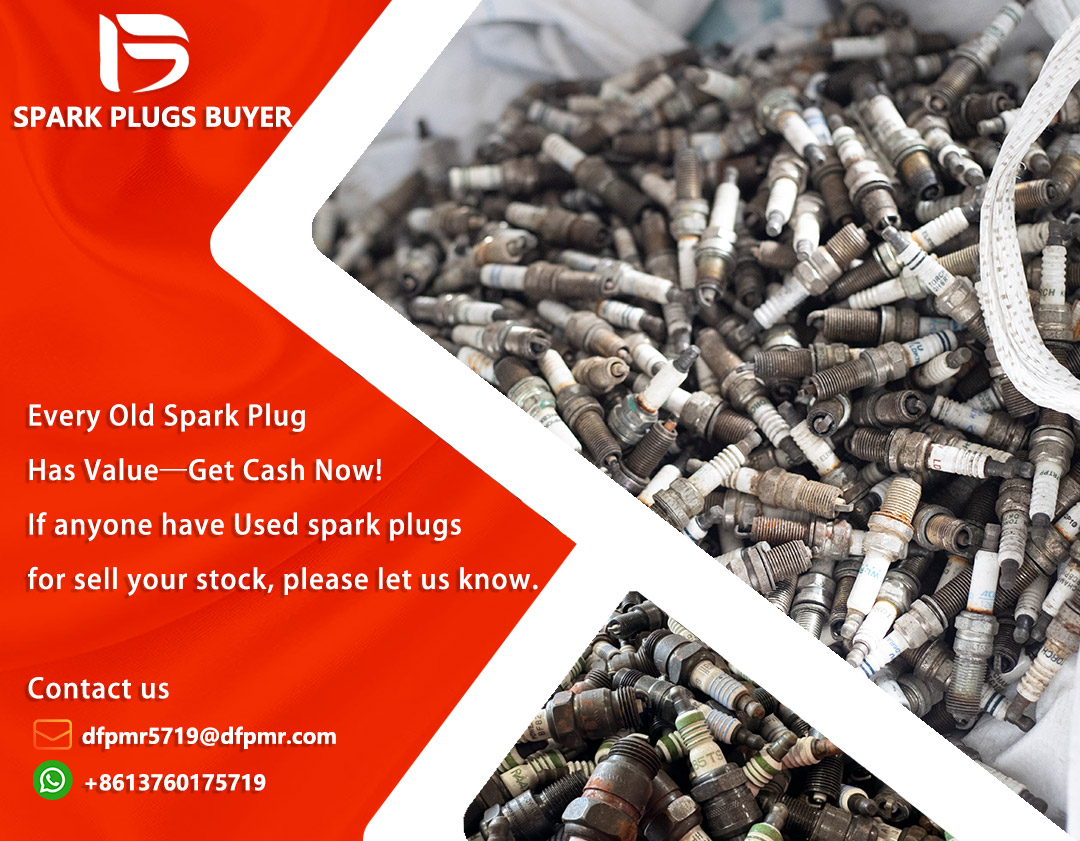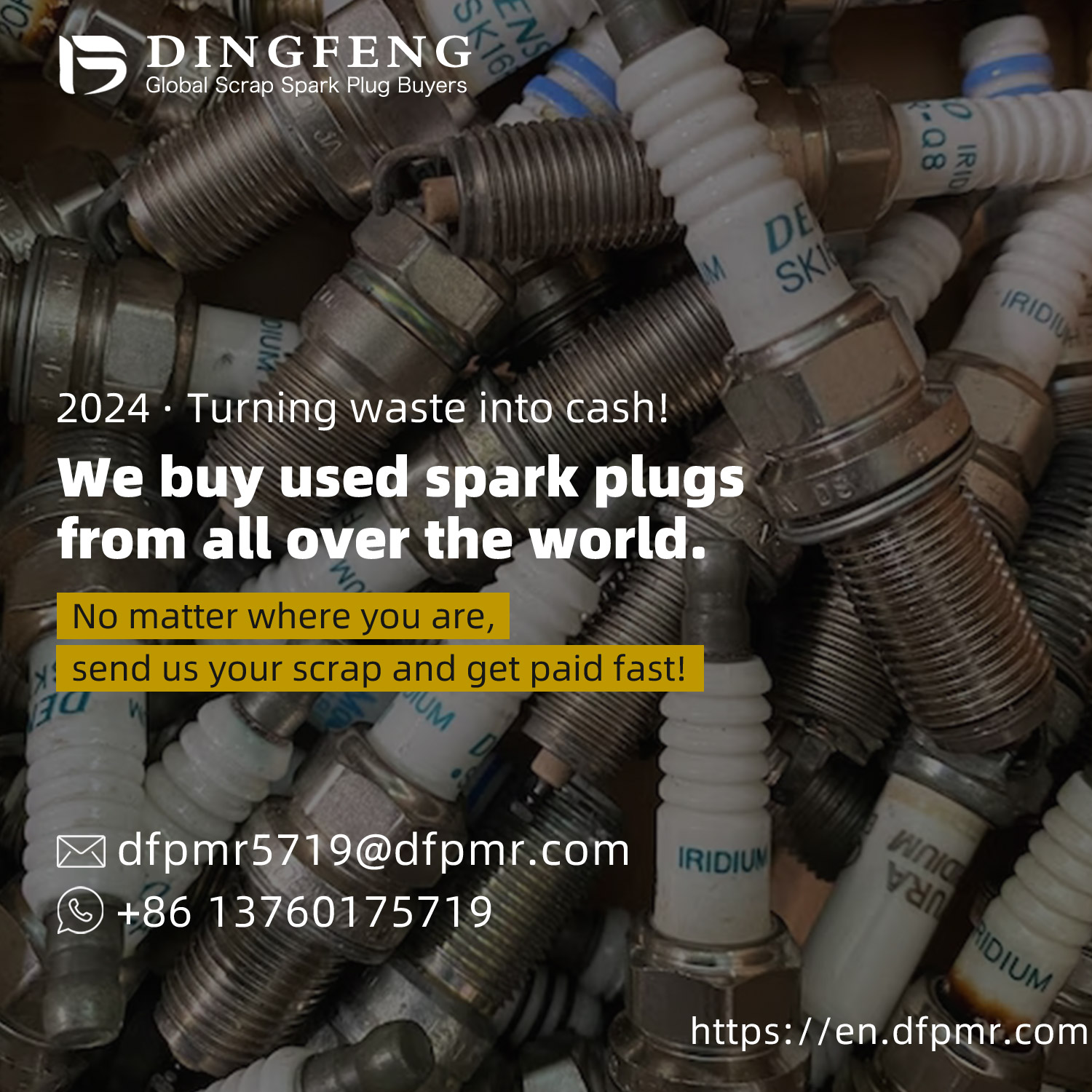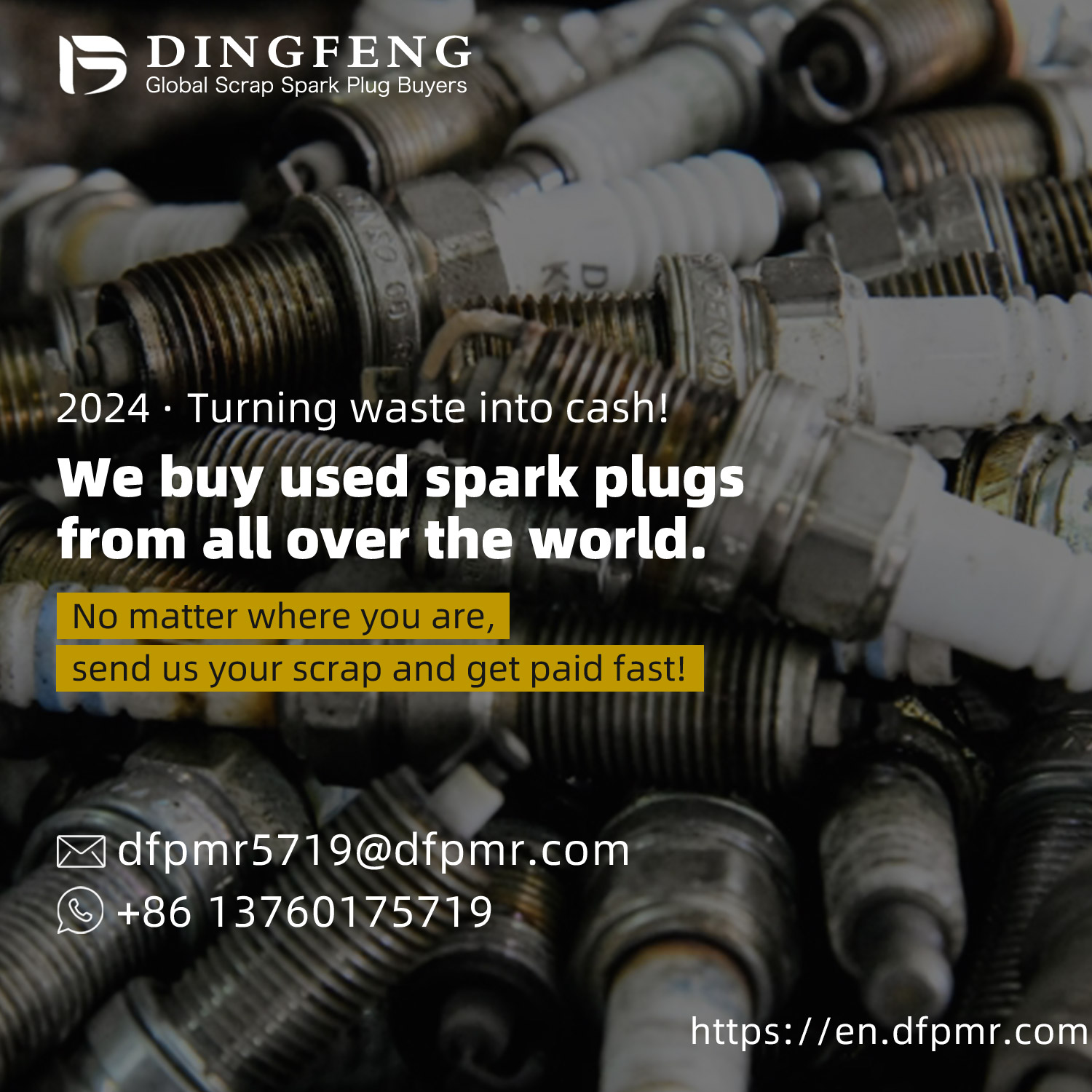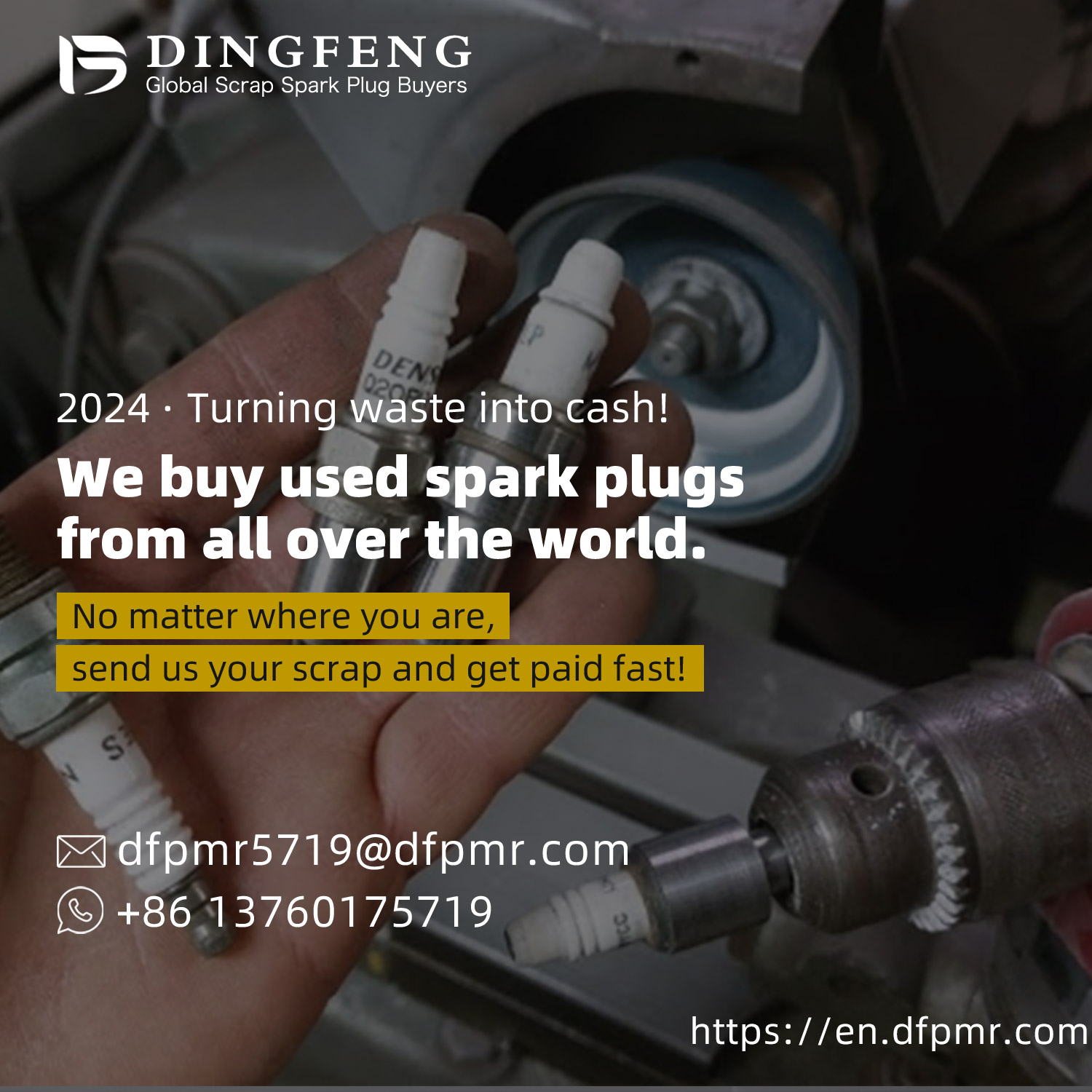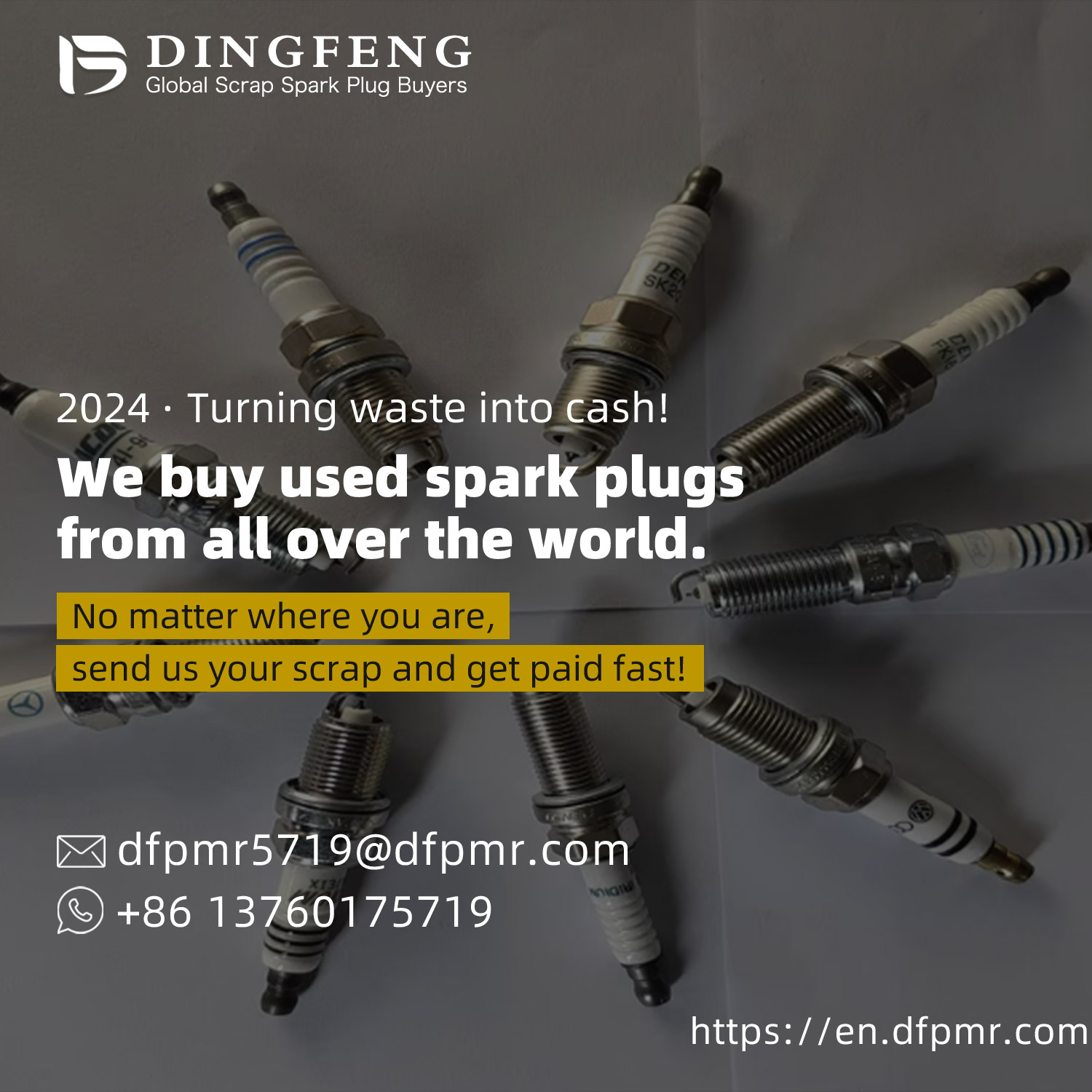Silver slurry recycling, methods and technologies for silver slurry waste recycling
Silver paste is a kind of commonly used functional material, which is widely used in electronics, optics, solar energy and other fields. However, the preparation and use of silver slurry generate a la
Silver paste is a kind of commonly used functional material, which is widely used in electronics, optics, solar energy and other fields. However, the preparation and use of silver slurry generate a large amount of waste, containing valuable silver resources. It is crucial to develop efficient methods and technologies for recycling silver slurry waste in order to reduce resource waste and environmental burden.
1、 Waste collection
The collection of silver slurry waste is the first step in the recycling process. The method of collecting waste can vary depending on the source of the waste. Common collection methods include:
1. Process flow collection: Set up a recycling device in the process of silver slurry preparation or use, and separate the waste through physical or chemical methods. For example, setting up filters or centrifuges on the production line can collect waste generated during the process.
2. Regular cleaning and collection: Regularly inspect equipment and containers, and remove waste materials from them. This applies to equipment and storage containers on the production line.
3. Centralized collection: Set up a centralized collection area in the factory or production site, and employees collect waste into designated containers. This method helps to centrally manage and monitor the amount of waste.
2、 Waste disposal
Waste disposal is a Committed step in the recycling process, which aims to separate the useful components from the waste and reduce the impact on the environment. Here are several common waste disposal methods:
1. Chemical method: By using chemical solvents or substances such as acids and bases, the organic and inorganic impurities in the waste are decomposed or dissolved. By reaction and precipitation, useful components can be separated from waste materials.
2. Heat treatment: Utilize high temperature to treat waste, causing the organic matter inside to burn or evaporate. This method can separate organic and inorganic substances, but it requires controlling the treatment temperature and the treatment of the emitted gas.
3. Physical methods: including physical separation techniques such as filtration, centrifugation, and precipitation. Through these methods, solid particles and liquids in waste can be separated to obtain pure and useful components.
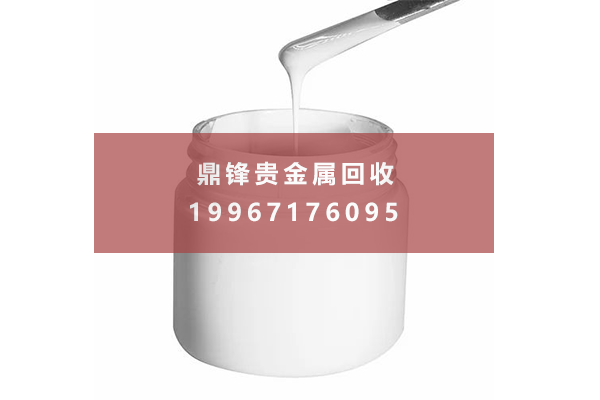
3、 Waste recycling
Waste recycling is the core of the entire process, with the aim of recycling and utilizing the useful components in the waste. The following are several common waste recycling technologies:
1. Metal recycling: Use metal extractants or electrochemical methods to separate silver from waste. High purity silver can be obtained through methods such as reduction, electrolysis, or ion exchange.
2. Refining and Reproducing: Refining and reprocessing the recovered silver to obtain a silver slurry that meets the requirements. This involves the crushing, alloy adjustment, and reprocessing processes of silver.
3. Other Recycling: In addition to silver, the waste may also contain other valuable substances, such as rare earth elements, precious metals, etc. Through appropriate technology, these substances can be recycled and utilized.
The recycling of silver slurry waste is a significant task that can reduce resource waste and environmental pollution. Through reasonable waste collection, treatment, and recycling methods, effective recovery of silver slurry waste and sustainable utilization of resources can be achieved. With the advancement of technology, we can continuously improve and innovate recycling technologies, promote the development of silver slurry waste recycling work, and make contributions to environmental protection.
&Quot; Dingfeng Precious Metals Recycling includes precious metals such as gold, silver, palladium, rhodium, platinum, germanium, iridium, ruthenium, etc. This is our business in precious metal recycling. If you have precious metals such as gold, silver, palladium, rhodium, platinum, germanium, iridium, ruthenium that need to be recycled, please contact us and we will provide you with a satisfactory price& Quot;
